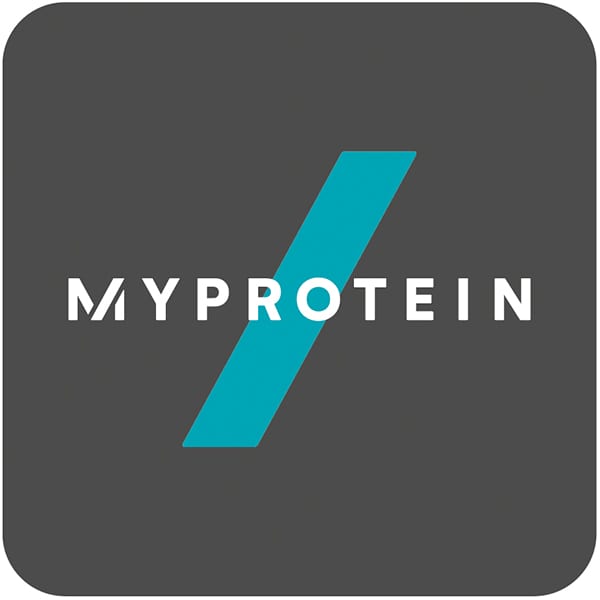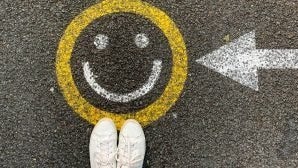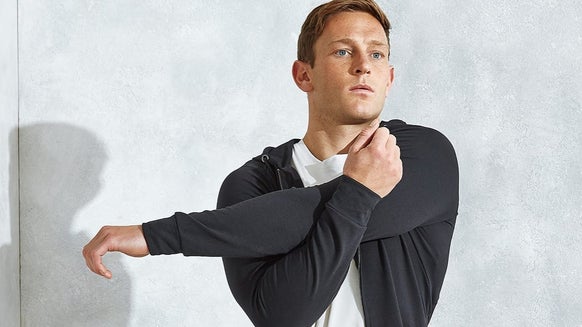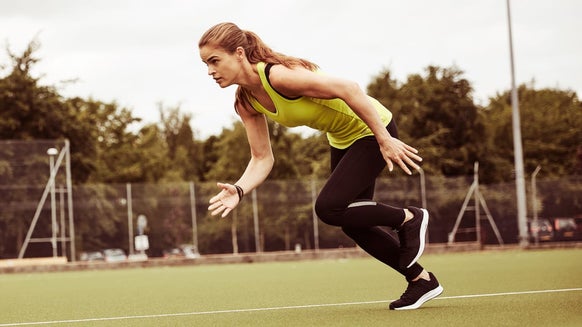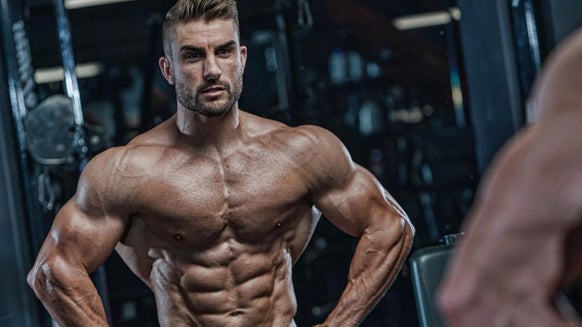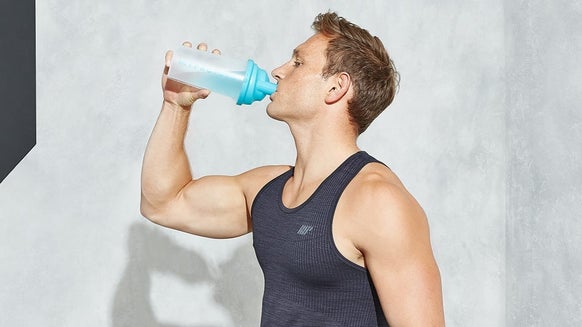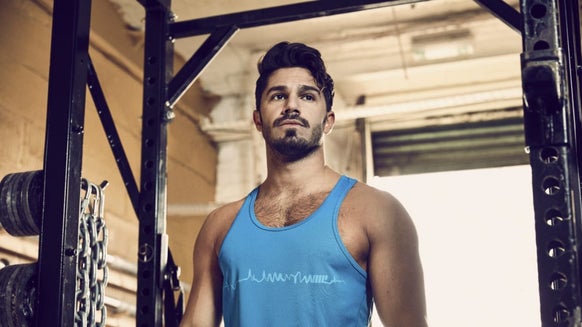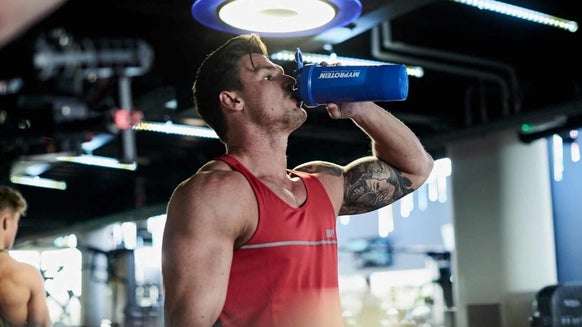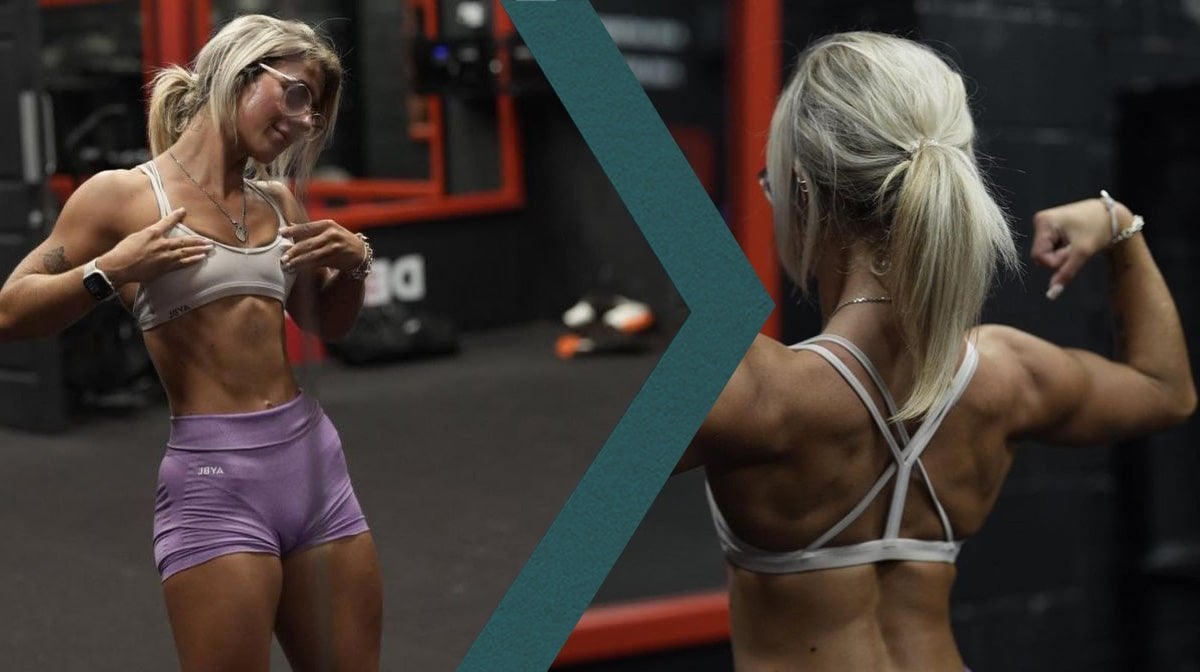
Author: Tasha Teanby
Since I was 14, an eating disorder has cast a long, suffocating shadow over my life. It once dictated what I could and couldn’t consume. The mirror was my worst enemy, reflecting a distorted image of myself, totally warping my sense of self-worth. Fear of gaining weight was an oppressive force that controlled every aspect of my existence.
Thankfully, I’m now free from the chains of my eating disorder, but it required a radical shift in mindset. It wasn’t just about changing my relationship with food, it was about reclaiming my autonomy and redefining my worth beyond the numbers on a scale. I had to acknowledge that true strength lies not in deprivation but in nourishment, for the body and the soul.
I’m not going to say that recovery was easy, because it wasn’t, at all. But I’m glad I went through it. Although my struggles were absolutely crippling, I am now in a position to help other people overcome similar obstacles.
My bulking journey
When I set off on the journey to gain weight, I set goals that went beyond the superficial pursuit of achieving a certain physique, rooted in health, strength, and self-love. I just wanted to get stronger, in every way. I focused on nourishing my body with the right nutrients and developed a sustainable exercise routine that was driven by the joy of movement.
Previously, I used working out as a form of punishment. Burning calories was the best way to fuel my eating disorder. I was a cardio bunny who had never picked up a weight, living by the phrase “nothing tastes as good as skinny feels”.
Sometimes I look back at being 15 — reading pro-anorexia websites, writing down how many hours I’d gone without eating in my school planners, comparing myself to the skinniest of models with thigh gaps and defined jawlines — and see how desperate I was. I was consumed by my weight and body image, and in turn, had crippling low self-esteem. I didn’t enjoy food, engaged in harmful eating behaviors if I did eat, and exercise — 3500 star jumps in the bathroom in the evening — was a chore that I forced myself to do.
When I started weightlifting, I worried I might redevelop these negative behaviors. But it saved my life. I might not have necessarily known what I was doing at the start, but it gave me a reason to keep showing up and helped me be that tiny bit better each day.
Initially, I wasn’t a fan of the term “bulking”. I much preferred the term “gaining”. It was less scary to someone who feared having even an inch of fat on them.
In terms of mindset, I chose to concentrate on the strength I was gaining with every workout and wholesome meal rather than fixating on any changes to my body. It was about embracing the process, understanding that progress doesn’t have to be about what you see on the outside, but what you feel on the inside, in the depths of your being.
My mental health flourished as I adopted a more compassionate approach towards myself. The newfound strength in my body translated into resilience in the face of life’s challenges. Confidence, once elusive, began to blossom, nourished by the seeds of self-acceptance.
But the journey wasn’t without setbacks. There were days when the echoes of the past whispered doubt, but I learned to drown them out with the empowering affirmations of my present. Positivity became a shield, protecting me from the ghosts of my former self.
I started my bulking journey at 40kg. Then, I felt cold to the touch all the time, I regularly got sick, and my overall health was poor. Social situations were a nightmare. But the oddest thing is, at the time, I didn’t even feel like I had a problem — it was my parents who dragged me to the doctors to get the wakeup call I needed.
I managed to get myself to just shy of 60kg, and I now generally maintain at around 52kg. Even after going through recovery after having an active eating disorder, I don’t think you entirely heal all your negative thought processes. With something like that, you never will. Instead, you learn how to cope in a better way. Exercise and eating are now a privilege — something I get to do, not something I have to do.
Through my journey of weight gain and building muscle I’ve developed so many good habits and learned so much about myself. You can apply the key principles — discipline, dedication, patience, resilience — to just about anything in life. All are far more important than how many calories are in something, whether you can fit into certain clothes, or if you have a thigh gap.
From experiencing being in such a dark place, feeling completely lost and in a vulnerable state, to the complete opposite, is such a total transformation. I feel like my inner child has been somewhat healed. I often wish my younger self could see me now, so she knows it gets so much better, and that it was so worthwhile holding on.
Meal Plan
Breakfast:
- 80g oats
60g Impact Whey Protein - Alpro Soya protein chocolate plant-based milk
- 20g dark chocolate
- 3 segments Terry’s Chocolate Orange
Calories: 706
Lunch:
- 250g tofu
- Soy sauce
- 200g sweet potato
- Sesame seeds
- Asparagus
Calories: 531
Dinner:
- 250g Quorn chicken pieces
- 100g rice
- Butternut squash
- Asparagus
Calories: 713
Dessert:
50g Impact Whey Protein in a shake with water - 20g dark chocolate
Calories: 713
Snacks:
- Fruit
Impact Whey Protein shake (2 scoops) + creatine & L-glutamine - Myprotein Protein Wafer
Calories: 668
Overall macros
- 2969 calories
- 252g protein
- 338g carbs
- 71g fat
Take Home Message
To those who find themselves at the intersection of recovery and growth, know this — bulking after an eating disorder can be a profoundly healing experience. It’s a journey that demands patience, self-compassion, and a commitment to holistic well-being.
Embrace the strength within you, nourish it with love, and watch as it blooms into a resilient, powerful force that transcends the physical and radiates from the inside out. You are not defined by your past, but by the strength you discover while reclaiming your present and building your future.
READ MORE HERE:

Embracing Every Body Matters — Here's Why
Women’s bodies aren’t trends … ...

Training For A Thigh Gap Is BS, Here's Why
Train because of how it makes you feel, not because of how it makes you look....
